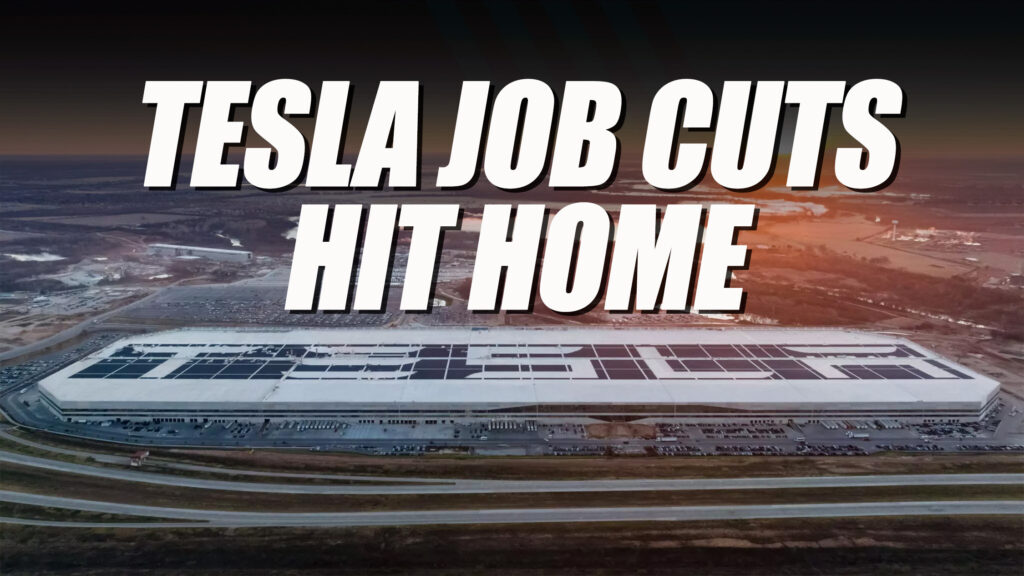- Tesla to lay off 2,688 from its Texas site.
- Redundancies amount to a 12 percent cut in Tesla’s Austin workforce.
- Move comes after Tesla announced a 10 percent reduction in staffing globally.
Tesla is cutting almost 2,700 employees from its Texas facility as part of a global drive to reduce its workforce and save money in the face of declining EV sales and slimmer profit margins.
A total of 2,688 jobs will go, which represents a 12 percent cut in the number of Tesla employees working in the greater Austin area, Reuters reports. The move is part of a wider program to reduce Tesla’s headcount globally by 10 percent. After a meteoric run of sales successes, Tesla is now having to deal with a slowdown in the EV market, while price cuts it instigated to drive sales have eaten into its margins.
Related: New 510 HP Tesla Model 3 Performance Is Quicker Than A 911 GT3 RS!
The number of job losses in Austin was revealed when Tesla informed the state of Texas of its plans, complying with a labor law requiring companies with more than 99 employees to give 60 days notice of planned, large-scale layoffs. Around 22,800 people are employed by Tesla in the greater Austin area, but the canteen line is going to get much shorter from June 14 when the layoffs start.
Other U.S.-based Tesla employees are also due to be affected by the job cuts, including 285 workers at the automaker’s Buffalo, New York, facility where its autonomous driver assistance tech is developed.

Breaking the news of the 10 percent global staffing reduction from its current level of over 140,000, CEO Elon Musk explained to employees via email that the layoffs are a strategic move aimed at “cost reductions and increasing productivity.” Musk went on to say that the job cuts were decided after a thorough review of the organization. “There is nothing I hate more, but it must be done,” he wrote.
Those left looking for new employment as a result of Tesla’s drive to cut costs are unlikely to be rooting for Musk in his current legal battle over his own pay package. A Delaware judge blocked his $55.8 billion renumeration, describing it as an “unfathomable sum” and asserting that it was improperly approved by the company’s board of directors.




